Privacy coins are used by people who want their decentralized finance, or DeFi, dealings to be anonymous, private and untraceable. Privacy coins are worth knowing about if you’re interested in having your blockchain financial transactions kept private, uninterested in having your online shopping tracked by third parties, vigilant about privacy or perhaps have some discreet business to conduct.
Top 10 Privacy Coins
- Monero (XMR)
- Zcash (ZEC)
- Decred (DCR)
- Oasis Network (ROSE)
- Horizen (ZEN)
- Secret (SCRT)
- Keep Network (KEEP)
- iExec (RLC)
- Status (SNT)
- Pirate Chain (ARRR)
(By market capitalization as of October 3, 2022. Source: CoinMarketCap)
What Are Privacy Coins?
Privacy coins are cryptocurrencies designed to protect the privacy of the user and their transactions. This video likens them to cash: The bank (or blockchain, in the case of crypto) records when coins are withdrawn, and when they are deposited. But how the coins are used after withdrawal is kept private.
As mentioned above, crypto users choose privacy coins when privacy is at a premium. Privacy is desirable for many legitimate financial transactions. Say a business owner uses blockchain for financial transactions with vendors. Without privacy, a vendor could see the business’s balance and perhaps jack up prices based on what they see.
Or consider online shopping: Buy an umbrella with your credit card and soon every umbrella company in the world is at your digital doorstep. With privacy coins, your purchases aren’t visible to trackers. Privacy coins also might be just the thing for paying for medicines or other confidential healthcare, “or just protecting your purchase of an expensive NFT or tokenized asset,” said Guy Gotslak, president of fintech company and cryptocurrency platform My Digital Money.
But privacy coins can also be used for shady transactions such as buying narcotics, weapons and fake IDs.
How Do Privacy Coins Work?
Some privacy coins are private by default. With others, the user chooses the privacy setting. When that happens, one of several mechanisms kicks in to make the user and the transaction private.
Zero-Knowledge Proofs
Zero-knowledge proofs, or ZKPs, are cryptographic techniques that let someone prove something exists without revealing its real nature, according to this video on YouTube channel Simply Explained. Privacy coin Zcash, for example, uses ZKP to protect users’ privacy. “Privacy coins like Zcash functionally operate like normal cryptocurrencies except transaction history is obscured [using ZKP],” said Jeff Feng, co-founder of Sei Network. “This allows for transactions to be verified without sharing information on the specifics of the transaction like recipient address.”
One specific example of a ZKP is zk-SNARKs, which stands for “zero-knowledge succinct non-interactive argument of knowledge.” It is said to offer super-strong privacy protection.
Masking
Privacy coins mask the original transaction code with another code, which disconnects the transaction from the identity of the original sender, Gotslak said.
Ring Signatures
Ring signatures are a collection of many real signatures, but only one belongs to the person executing the transaction. Thus, that person’s identity is hidden among a group of decoys. Privacy coin Monero uses ring signatures, and introduced Ring Confidential Transactions, or RingCT, in 2017. RingCT requires no trusted setup and hides the identity of the originators, recipients and the amount of a transaction, according to this white paper on the topic.
Stealth Addresses
Stealth addresses mask a user’s public key and the amount of the transaction, but they do not mask what product or service was purchased, and in what quantity. Stealth addresses are used by people who want their nonprofit donations to remain anonymous, and they can also be used by people who want to avoid taxes, according to this CNBC article.
Issues With Privacy Coins
Few things are certain in this world, and privacy coin privacy is one of them. How so? To start, most privacy coins are not private by default — the user must choose between privacy and transparency. Hit the wrong button, and what was intended to be a private transaction is now public.
“There remain vulnerabilities open to exploitation, and of which have and continue to cause the loss of confidence from the user population,” said Robert Bell, CEO of 2B3D.com. “The concept of a privacy token continues to have credibility that it will someday become a reliable and secure capability, however, user confidence isn't gaining ground and its survival may depend on how quickly its security concerns can be overcome.”
Beyond security, here are some of the other issues with privacy coins.
Issues With Privacy Coins
- Privacy coins can’t be used with smart contracts.
- Privacy coins aren’t allowed on some cryptocurrency exchanges.
- Privacy coins aren’t globally legal.
Privacy Coins and Smart Contracts
Privacy coins are useless on smart contracts because it is not possible to embed a script, or programming language, in privacy coins’ transactions, said Gotslak of My Digital Money. “This means you can’t move the coin through a set of parameters in a smart contract,” he said. “This severely limits the use of privacy coins if left unaddressed.”
Privacy Coins and Cryptocurrency Exchanges
Some cryptocurrency exchanges won’t allow the sale or trade of privacy coins on their platforms because they could potentially be useful for money launderers, Gotslak said. He points out, though, that every fiat currency on the planet is used for nefarious purposes, “but the positive uses outweigh the negatives,” he said.
Privacy Coins Aren’t Legal Everywhere
South Korea, Australia and Japan are among the countries that have banned privacy coins. In the fall of 2022, Huobi, one of China’s biggest cryptocurrency exchanges, delisted seven privacy coins, according to this CPO Magazine article.
14 Top Privacy Coins
Here’s a rundown of 14 well-known privacy coins.
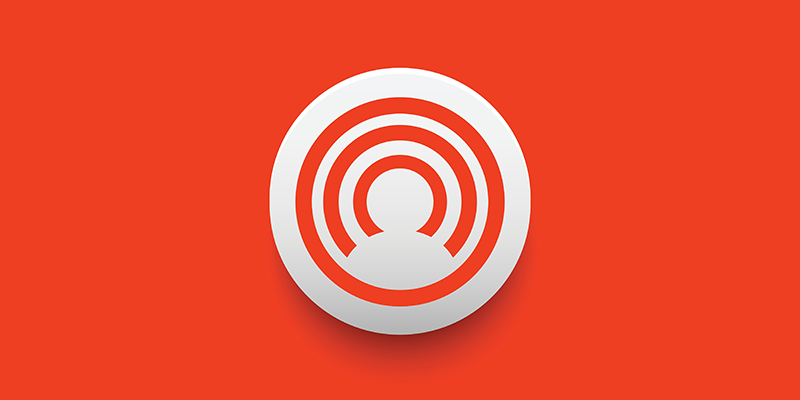
CloakCoin
CloakCoin (CLOAK) bills itself as “the future of daily anonymous transactions,” promising users’ protection from privacy abuses by corporations, the government and political pollsters. It offers users anonymity and, when used in conjunction with Enigma, described as a decentralized anonymization engine, it also allows untraceable transfers, its website says.
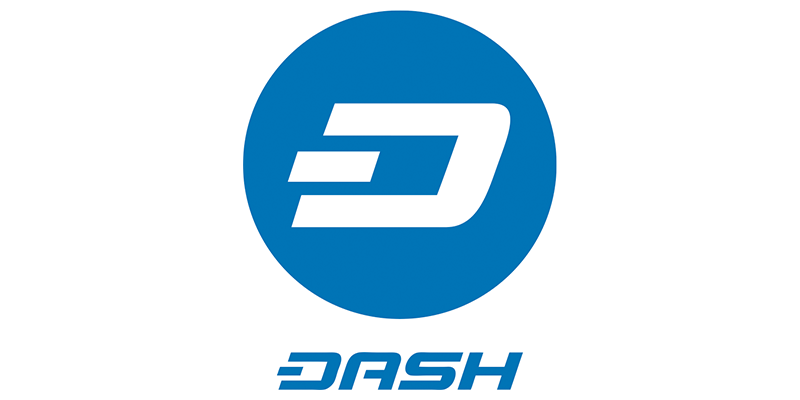
Dash
Dash (DASH) was born as Xcoin and rebranded as Darkcoin, and gained some notoriety as the coin of choice for darknet dealings. Then it rebranded to Dash (short for digital cash) and while users can choose a privacy option, calling it a privacy coin is a “misnomer,” Dash tweeted after it, Monero and Zcash were delisted from a prominent exchange.
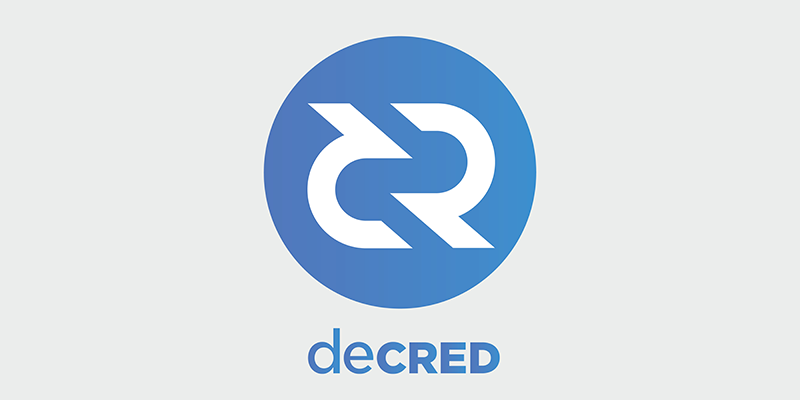
Decred
Decred (DCR) is not a privacy coin in and of itself. However, users can make their transactions private by using CoinShuffle++ (CSPP for short). A peer-to-peer (P2P) crypto mixing protocol, CoinShuffle anonymizes addresses and thus allows privacy via a mixing process, explained in this white paper written by P2P mixing’s inventors.

Firo
Firo (FIRO) uses a privacy protocol called Lelantu Spark. The protocol lets users share addresses without those addresses being searchable on the blockchain by using a non-interactive addressing system, according to this CryptoPotato explainer. The amount of funds in the transaction is also hidden.

Ghost
Ghost (GHOST), founded by the late software pioneer John McAfee, promises users that they’ll be “nothing but a ghost” when they use the coin for transactions. Its website says that RingCT makes both parties in transactions anonymous and also hides transaction amounts.

Horizen
ZEN is the native token currency of the crypto and sidechain platform Horizen. Users can choose a t-address (public and transparent) or a z-address (shielded and private) for their transactions.

Keep Network
Keep Network (KEEP) says it is “Ethereum’s first private computer,” and that users who stake KEEP can earn up to 85 percent annual percentage yield (APY). In 2021, Keep and NuCypher merged networks to form the Threshold network.
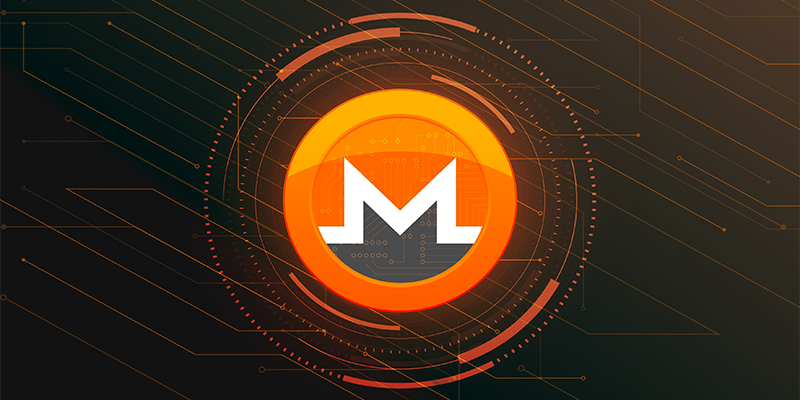
Monero
“Secure. Private. Untraceable.” That’s how Monero (XMR) bills itself to the crypto crowd. Its website explains its three-pronged approach to privacy: ring signatures, a group of signatures that all look valid but only one is; confidential transactions; and a new address for every transaction, or stealth addresses.
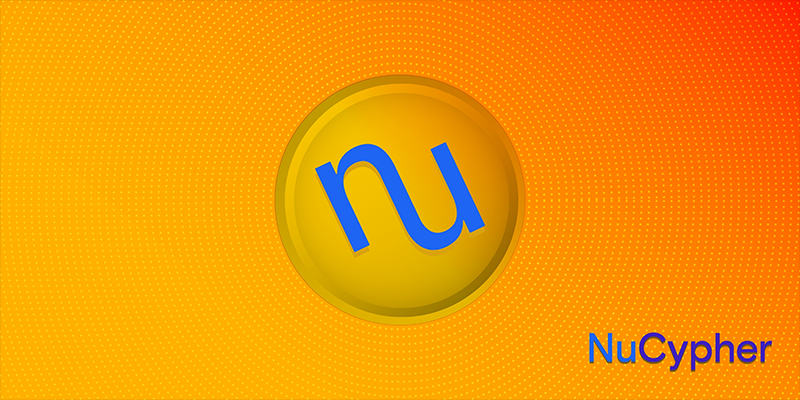
NuCypher
A proxy re-encryption, or PRE, process enables privacy for users of NuCypher (NU). It is called Umbral and, according to NuCypher’s website, allows proxy entities to re-encrypt information without having access to underlying private keys. Parties in a transaction delegate decryption rights to each other.
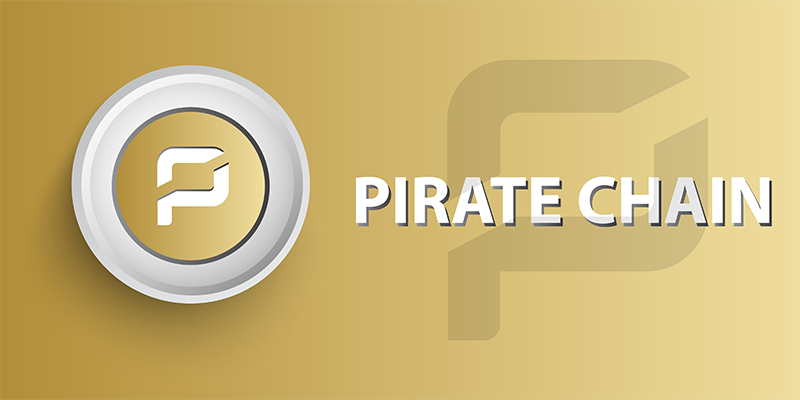
Pirate Chain
Pirate Chain (ARRR) boasts that it is “the most anonymous cryptocurrency” and “a truly private, decentralized blockchain.” Unlike some other coins, privacy is not optional with Pirate Chain; optionality can create “holes” rife for privacy breaches, according to the Pirate Chain website. It uses the zk-SNARKs cryptographic proof, resulting in “highly anonymous and private transactions.”
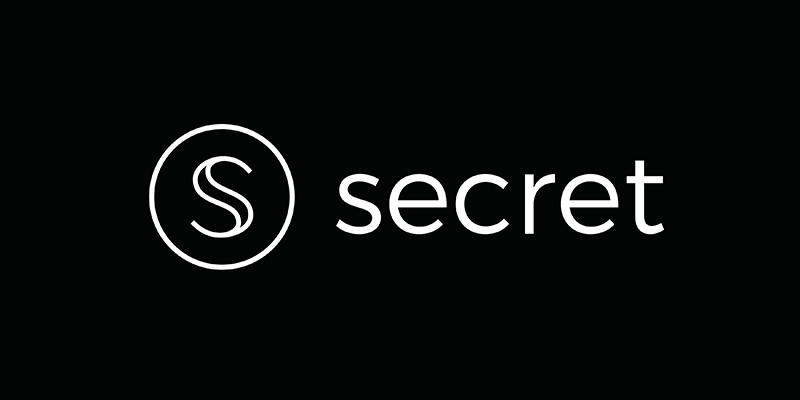
Secret (SCRT)
Secret promises users “more privacy, limitless possibilities,” according to its website. It offers customizable privacy, private smart contracts, and privacy in using and holding tokens.

Status
Status (SNT) is the utility token of the Status Network, which also offers secure messaging, a crypto wallet and a Web3 browser, according to its website. The mobile interface of Status’ messaging platform lets users access Ethereum decentralized apps (dApps) as well as send encrypted messages, according to CoinMarketCap information.
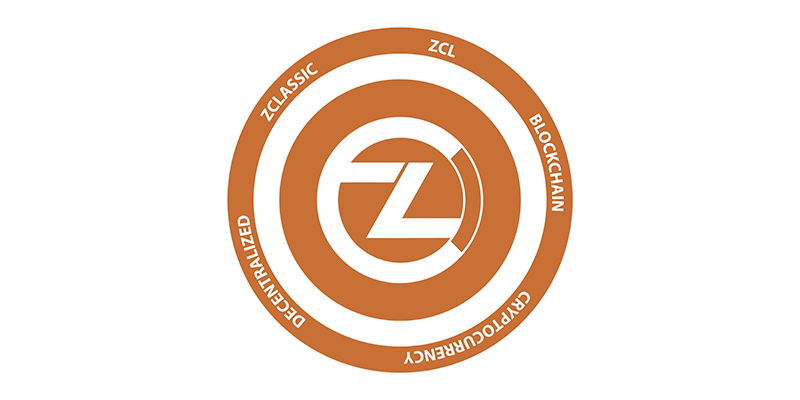
Zclassic
Zclassic (ZCL) uses the Zcash (see below) source code, according to this white paper. Zcash uses the cryptographic proof zk-SNARKs. Fun fact: Bitcoin and Zclassic co-created Bitcoin Private in March of 2018 from the “fork-merge” of Zclassic and Bitcoin, according to Coinbase.
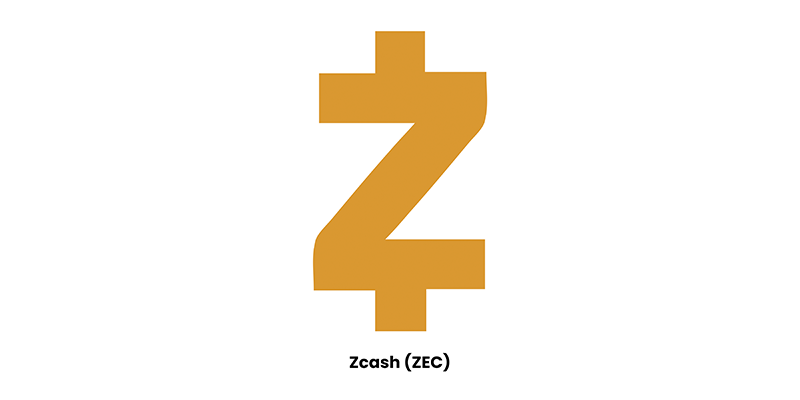
Zcash
Zcash (ZEC) advertises itself as “a better way to pay.” Per the website, it’s the first cryptocurrency to use zk-SNARKs. Zk-SNARKs’ co-author Allesandro Chiesa also founded Zcash.




